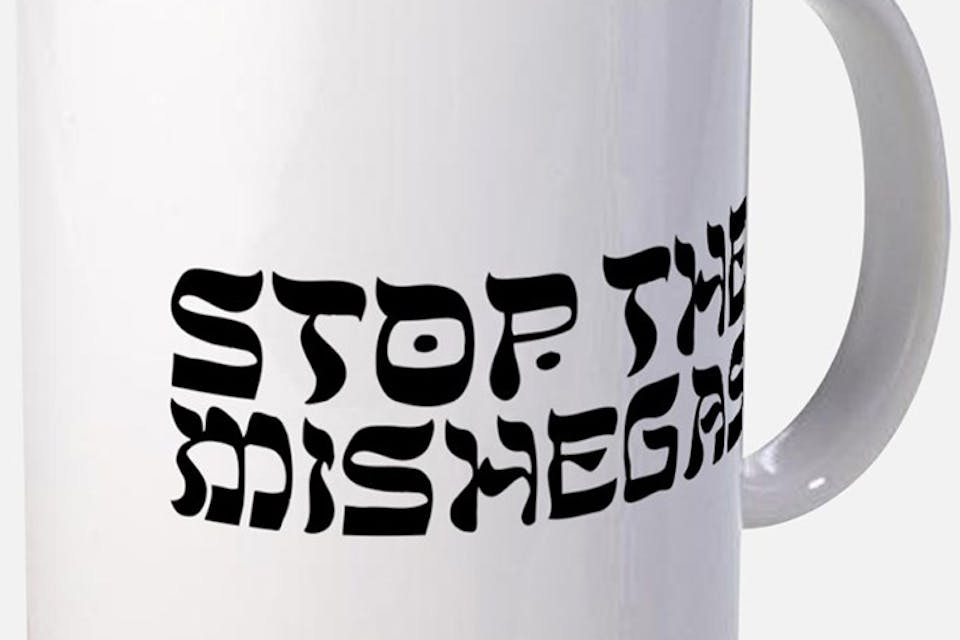
May 24, 2017
Some Yiddish Words Jump into American English Quickly. Others Take Much Longer.
The process results from, in equal measure, Jewish separateness and Jewish assimilation.
Bertrand Horwitz writes from Asheville, North Carolina:
Your recent discussion of how the Yiddish-derived word “noodge” became incorporated in American-Jewish English and went from there to general American English reminds me of another germinating Yiddish word that suddenly appeared on national TV during the Trump-Clinton-Russia imbroglio: mishigas. Is its derivation Hebrew, Slavic, or German?
Actually, mishigas—with the stress on the last syllable and more commonly spelled mishegas—has been around in American English for a while. It’s Yiddish for “craziness” and it consists of meshuga, “crazy,” from Hebrew m’shugá, plus the Hebrew substantivizing suffix “-ut” which became “-us” in the pronunciation of Central and Eastern European Jewry. I myself wrote about mishegas back in 2005, in my pre-Mosaic days in the weekly Forward, when I commented on its use in an opinion piece by the New York Times columnist Maureen Dowd.